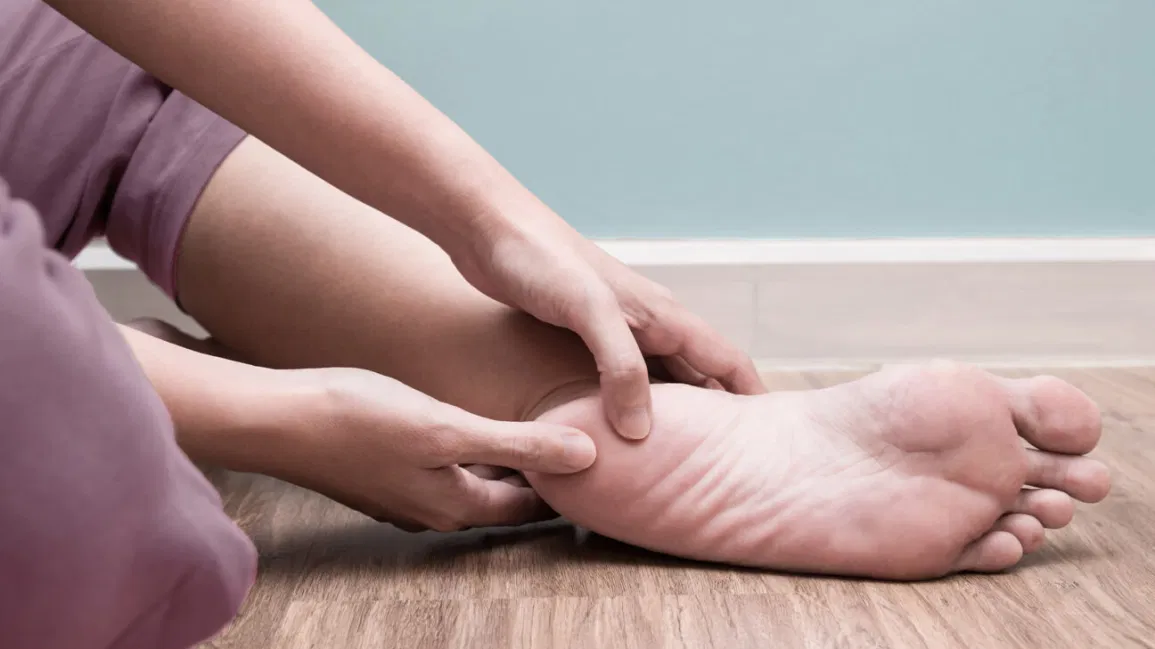The chances are that most of us will need surgery at least once in our life. From small routine surgeries to life-saving ones, it is important to be mindful during the recovery process so that you can get back on your feet faster.
The last thing you’d want to happen is for all of the progress made with surgery to then get overturned because things were rushed or not enough time was given. After surgery, you are likely itching to get back to your daily life. You’ll want to go back to the gym, be able to go for walks on the beach, hug loved ones, and do other things in life that bring you joy.
That is why we have rounded up the top tips for optimizing your recovery process after surgery. These tips to recover will help you get back to living life to its fullest and support the healing process both physically and mentally.
Tip 1: Talk to Your Doctor
First and foremost, you should talk to your doctor and work with them about developing a recovery plan. They are the expert and the ones that you should certainly trust when it comes to what you should and should not do. They have likely had similar patients to you who have had similar procedures, so have seen firsthand what does and does not work.
So take note of their rules, restrictions, and regulations. It is coming from a place where they want to help and ensure that long-term you are better off from the surgery. If you have any questions or concerns, you should always talk to them first.
Tip 2: Get Compression Socks
Any type of surgery will cause stress on the body. So you will want to wear compression socks after your operation to help get normal blood flow back into the body. This is important because it ensures that oxygen is reaching all parts of your body so that you can really begin to heal.
Compression socks are equally helpful because you will likely be needing to take it extra easy and doing a lot of laying down immediately following your procedure. Compression socks help keep your body regulated even if you are stagnant in bed.
Tip 3: Go to Follow Ups
Another important step in the recovery process is to actually go to your follow-up appointments. While you may be over all the doctor visits, it is necessary to keep going to these so that your doctor can assess if the surgery has worked. It also gives you a chance to ask any questions and equally for them to catch any complications that may have occurred—like an infection.
Tip 4: Drink Lots of Water
Staying hydrated is always important. But it is especially important for those who have just undergone surgery. You will want to be extra mindful of how much water you are drinking so that you can prevent feelings of nausea or constipation. Drinking water helps also ensure that your body can do what it needs to for recovery after surgery. Even if you don’t feel thirsty, try to drink even more water than normal.
Tip 5: Start Moving Slowly
Chances are you won’t be ready to run a marathon right after surgery. But you can start small by building up your ability to go for a walk, do certain stretches or swim in a pool. Low-impact activities are always best for those who have just had surgery. So take it easy, get moving slowly and build your way back up to doing all the activities that you enjoy.
Tip 6: Acknowledge Your Pain
After surgery, your body will be going through a lot. So it is important to be honest and aware of how you are feeling. There is no need to suck it up if you are in pain. In fact, the best thing you can do is to let your doctor know as soon as possible.
Acknowledging when there is pain will help prevent any serious complications from occurring and also help you start to feel better sooner. So don’t feel like you have to suffer through the recovery process and instead be honest with how you are really feeling.
Tip 7: Rest Your Mind
While you may be focused on the physical healing from a surgery, it is equally important to heal your mind too. The mental component of recovering from a procedure and healing is huge—and many studies show it can be the largest component.
This means not only allowing your mind time to rest but also having a positive and optimistic attitude. The body follows what the brain believes, so allowing your brain to want to recover and get back on your feet will literally allow your brain to follow in pursuit.
Conclusion
These seven tips are just the start of healing from surgery and getting your life back.


